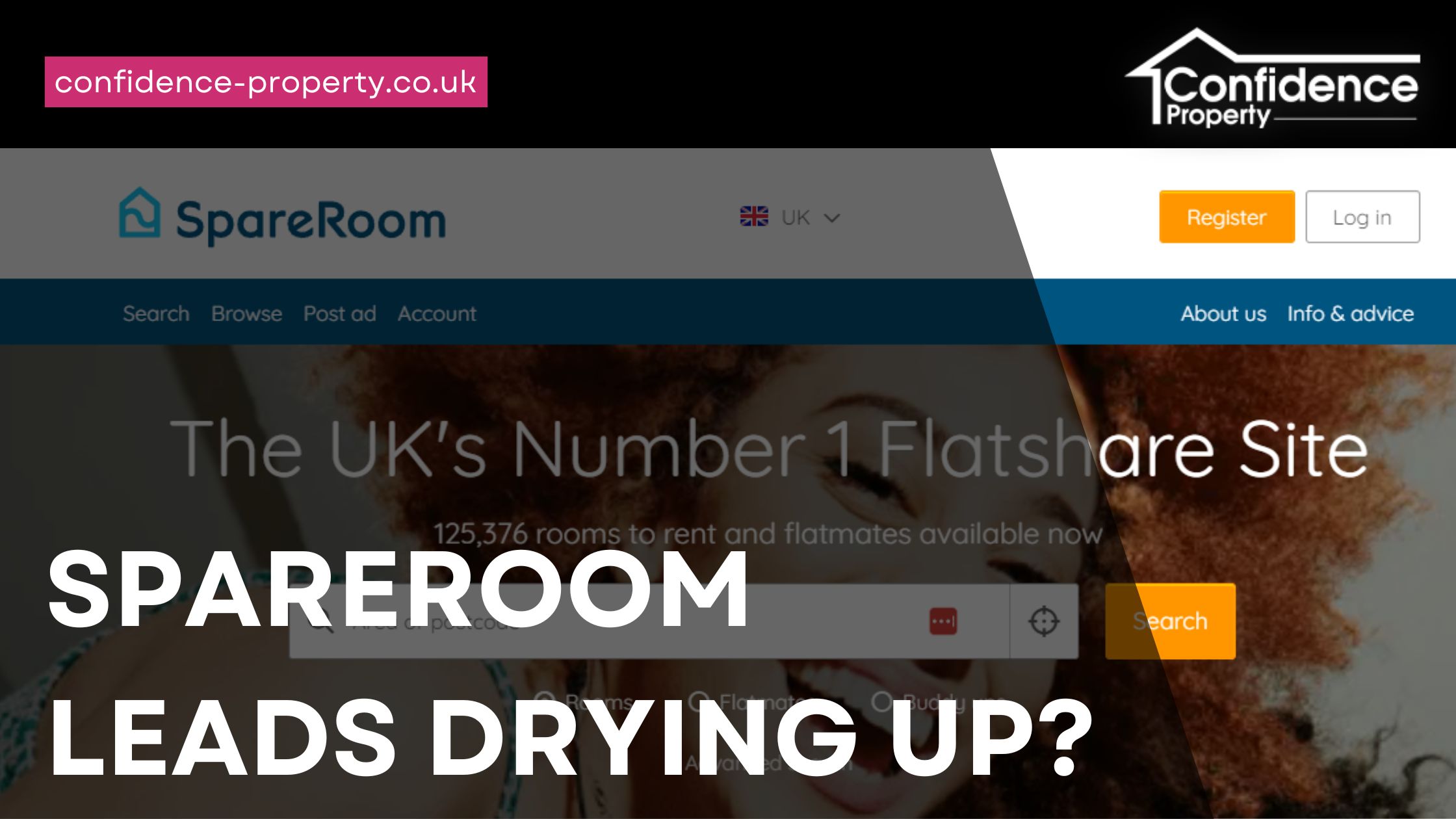If you’re a self-managing HMO landlord, you might have concerns about whether using an agent is the right choice for you. You may worry that an agent won’t perform well, or that the costs involved might outweigh the benefits. However, finding a good HMO letting agent can often give you peace of mind, save you time, reduce stress, ensure compliance and often boost profitability. Let’s explore the pros and cons of using an agent, why choosing a specialist HMO letting agent is crucial, and how to find the right one for your needs.
Why Consider an HMO Letting Agent?
Managing an HMO can be particularly demanding compared to managing a single let. Here’s why you might consider using an HMO letting agent:
Time and Stress Management
Managing an HMO involves regular inspections, maintenance, and dealing with tenant issues. An HMO letting agent can take on these tasks, allowing you to focus on other aspects of your life or business, reducing stress and giving you back your time.
Expertise and Compliance
HMO regulations are complex and ever-changing. A specialist HMO letting agent will have in-depth knowledge of these rules, ensuring your property remains compliant with local licensing requirements and national legislation, preventing costly fines and legal issues.
Tenant Management
Finding and retaining good tenants is crucial for maintaining steady rental income. An experienced HMO letting agent will have effective processes for vetting potential tenants, reducing the risk of problem tenants and handling disputes professionally.
Emergency Callouts – Delegated to your HMO Letting Agent
One significant pain for self-managing landlords is dealing with out-of-hours emergencies. Whether it’s a burst pipe in the middle of the night or a broken boiler in the winter, being available 24/7 for emergency call outs can be incredibly stressful and disruptive. An HMO letting agent will have systems in place to handle emergencies promptly, providing peace of mind for both you and your tenants.
High Workload Management
At times, the workload for managing an HMO can be overwhelming, and you may not have the capacity to handle everything. This can lead to void rooms, expired certificates, escalating maintenance issues, or tenants leaving. An HMO letting agent has a team of experts, each experienced and focused on delivering their objectives, ensuring that no aspect of property management is neglected.
What to Look for in an HMO Letting Agent
When selecting an HMO letting agent in Manchester, it’s important to consider specific criteria to ensure you choose the right one. Here are some key factors to look out for:
Specialisation in HMO Management
Look for agents who specialise in HMO properties and have a proven track record. This ensures they are familiar with the specific needs and challenges associated with HMOs.
Strong Local Knowledge
An HMO letting agent with extensive knowledge of the Manchester property market will be better positioned to attract suitable tenants and manage local regulations, helping in setting competitive rental prices and marketing your property effectively.
Transparent Fees and Services
Understand what you’re paying for. Look for agents who offer transparent pricing and a clear breakdown of their services, ensuring no hidden costs.
Positive Reviews and References
Check online reviews and ask for references from other landlords. Positive feedback from existing clients is a good indicator of an HMO letting agent’s reliability and performance.
Questions to Ask a Prospective HMO Letting Agent
Before hiring an HMO letting agent, ask several important questions to gauge their suitability:
- What is your experience with HMOs?
- How do you handle conflicts between tenants?
- How do you ensure compliance ALL of the time?
- What is your marketing strategy?
- How often do you review rents?
- How do you manage client money? what scheme are you a member of?
- Which property ombudsman are you a member of?
- Do you carry out photographic inventories before and after a tenancy?
- How do you manage weekly/monthly testing of fire alarms and emergency lighting?
- How often do you do communal cleans and what does the scope include?
- Do you carry out regular room inspections with a 24-point photographic checklist?
- What is your occupancy rate right now?
- How do you ask your tenants and landlords for feedback?
- What is your maintenance policy?
- Do you communicate a set of house rules throughout the tenant journey?
- Do you provide a tenant welcome pack?
The Importance of Choosing a Specialist HMO Letting Agent
Working with a specialist HMO letting agent in Manchester, like Confidence Property, offers a distinct advantage over a general letting agent:
In-depth Regulatory Knowledge
Specialist HMO letting agents are well-versed in the specific legal requirements of HMO properties, reducing the risk of non-compliance and associated penalties.
Tailored HMO Letting Agent Services
Specialist letting agents provide services tailored to the unique needs of HMO landlords, ensuring your property is managed efficiently and effectively.
Enhanced Tenant Relationships
Specialist HMO letting agents are skilled in managing the dynamics of multiple tenants, fostering positive tenant relationships, leading to longer tenancies and fewer disputes.
At Confidence Property, we pride ourselves on our comprehensive HMO management services tailored to meet the unique needs of HMO landlords. Our local expertise, transparent pricing, and dedicated tenant management systems ensure your HMO is in safe hands. With our professional approach, you can enjoy the benefits of HMO ownership without the stress and time commitment of self-management.
Are you Ready to Go Stress-Free?
If you’re ready to experience the benefits of professional HMO management, we’re here to help! Click the button below to book a discovery call. This is a friendly chat to learn more about each other and discuss how we can help you manage your HMO property more effectively.









